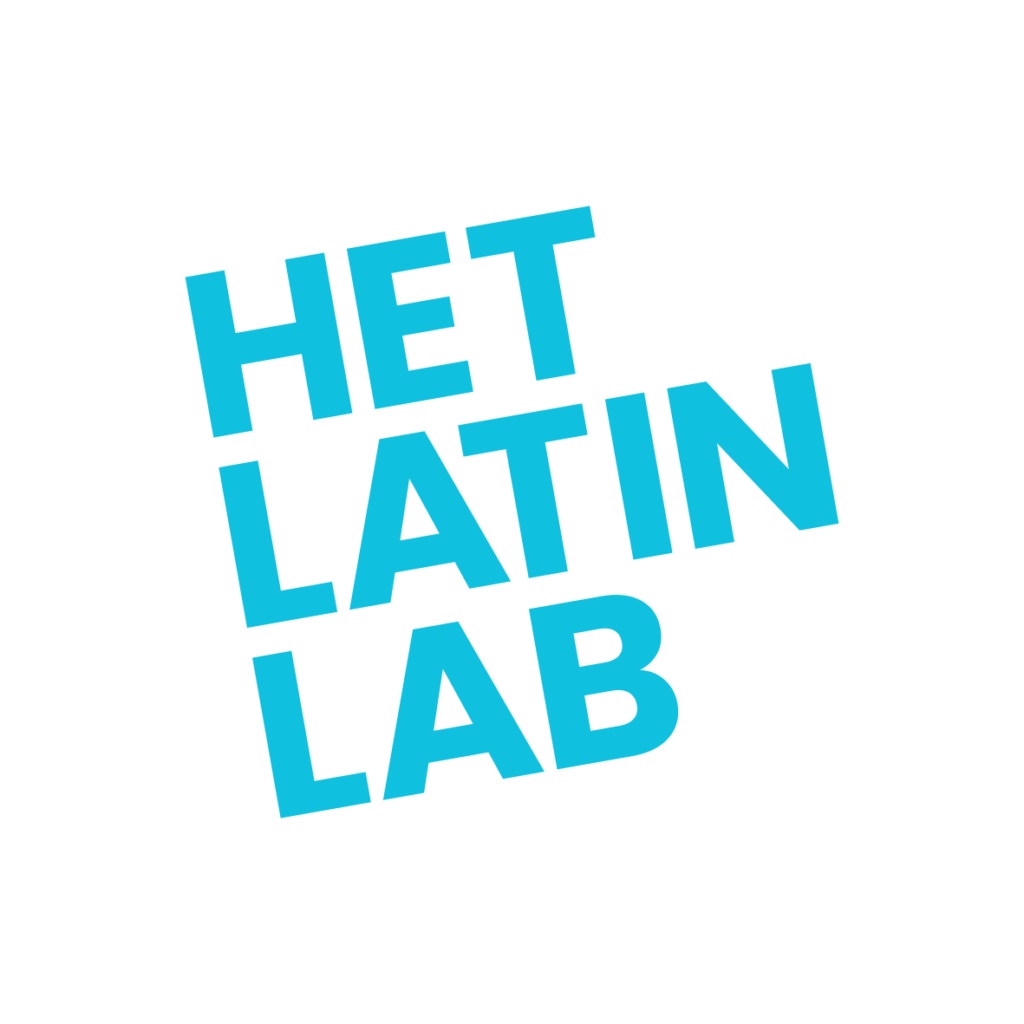For many children of Latin American immigrants in the Netherlands, Spanish is more than just a language. It is a bridge to family history, a connection to roots that can sometimes feel distant. Growing up in an environment where Dutch or English dominates can weaken that connection. But learning or reclaiming Spanish is not just about communication—it is also a way to recognize ourselves, heal distances, and understand who we are.
The Languages That Live Within Us
Each stage of our lives is shaped by the languages that surround us. In my case, I was born in Uruguay, spent my teenage years in Argentina, and later made France my second home. In my childhood, my mother and grandmother would use certain words, expressions, and songs in Portuguese—the language they had spoken at school and with their paternal family, descendants of French settlers in Brazil.
Many years later, when my son was born, I found myself instinctively using words and lullabies in Brazilian Portuguese. A part of me had completely forgotten that familiar childhood language. However, even though it had never been an active language for me, what remained was deeper than mere linguistic use: it was an emotional imprint, a memory that time could not erase.
The Words That Shape Our Worlds
Language is not just a tool for communication; it also reflects how we see and imagine the world. The childhood imagery I grew up with in Uruguay was filled with gauchos, open plains, horses, Charrúa warriors, alligators, and pumas. In contrast, the stories I encountered in France featured soldiers, kings and princesses, wolves, ravens, giraffes, elephants, and witches.
Cultural differences are not only found in childhood stories but also in how we interact with others.
For example, in France, when approaching someone on the street to ask for information, the first thing you do is say, “Excuse me”—it’s a social norm, a sign of respect. However, in Argentina, if you start a conversation that way, the other person might think you’re trying to sell them something and walk away.
Learning a Language is Opening a Door
Learning or reclaiming a language means reconnecting with stories, perspectives, and ways of engaging with the world. Many students share that as they improve their Spanish, they can have direct conversations with their grandparents, understand family jokes better, or read old letters with a new sense of emotion. Spanish may sometimes feel foreign, but once we make it our own, it gives us back a piece of our identity.
Spanish as a Home We Can Always Return To
Spanish is not just a means of communication; it is part of our personal and collective history. Even if it seems lost at times, there are always ways to reclaim it. Learning it is not only an educational journey but also an act of reconnection—a return to something that has always been ours.
Languages do not disappear; they wait, silently, for the moment to be spoken again.
By Daniela Vitancourt – Founder of Het Latin Lab.



